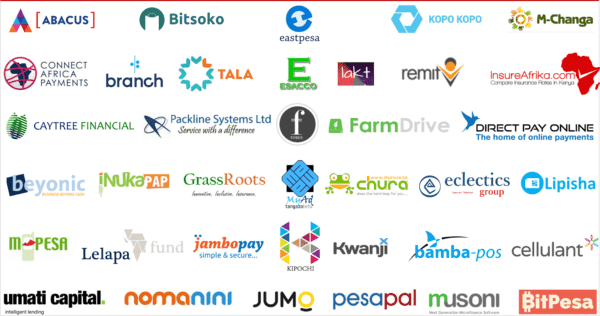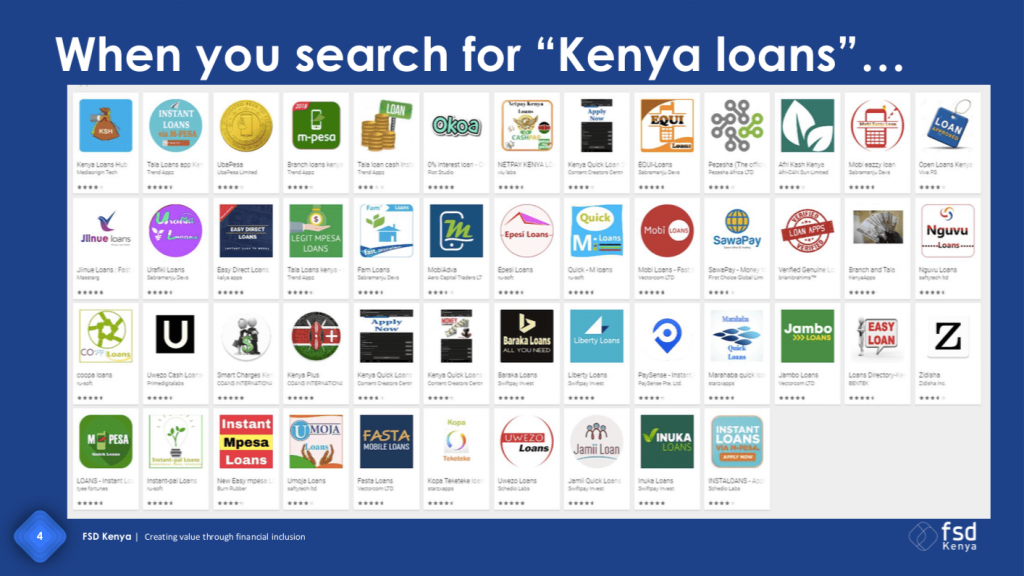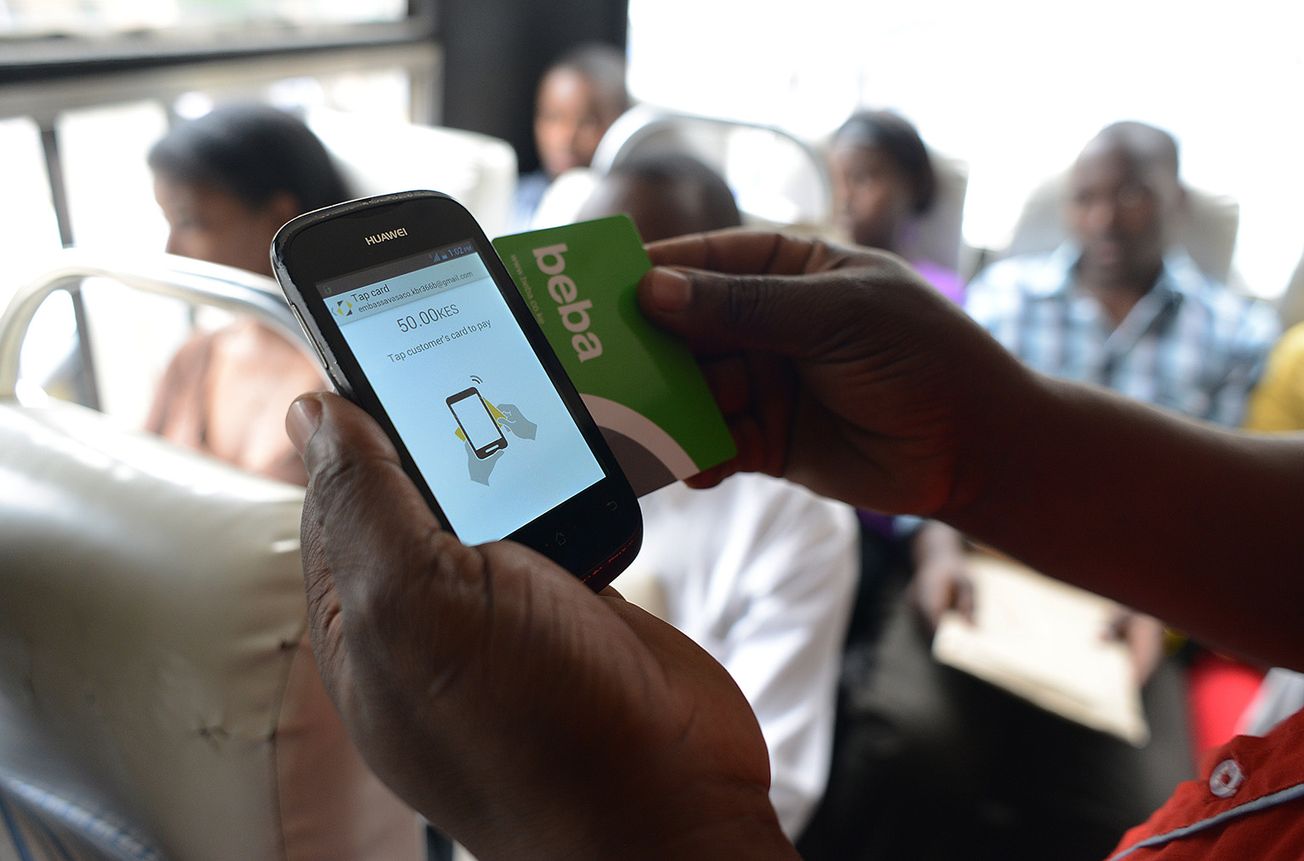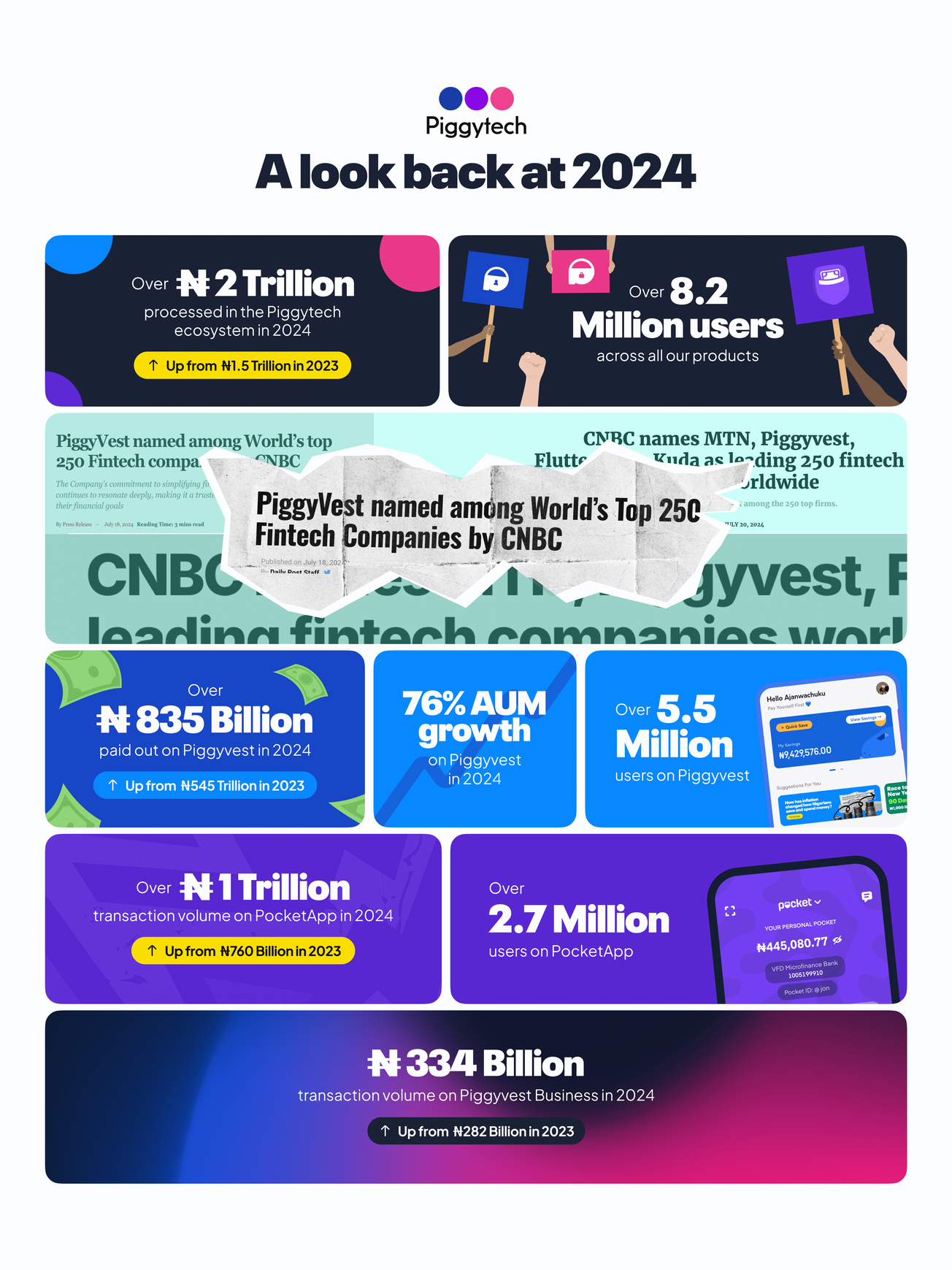Much has been made of the fate of digital lending startups in Kenya, especially since it became public knowledge that a new bill in parliament seeks to give express powers to the Central bank of Kenya (CBK) to rein in payday lenders.
However, while all the talk has rightfully circled lending fintechs, considering how huge mobile-based money-lending is in Kenya, the fine print in the proposed amendment does suggest that the broader plan is to keep the broader fintech ecosystem completely under the thumb of the CBK.

As BusinessDailyAfrica reported,
“a key aim of the Central Bank of Kenya (Amendment) Bill, 2020 — which seeks to empower the banking regulator to supervise digital lenders for the first time — is to curb the steep digital lending rates that have plunged many borrowers into a debt trap as well as predatory lending.”
The proposed amendment, if passed, would give the CBK the power to set the interest rates charged by the digital mobile lenders.
Payday lenders will, among other things, be compelled to seek the CBK’s approval before they can increase lending rates and other loan charges. Essentially, the digital lenders will be compelled to play by the same rules as commercial banks, including having to seek the CBK’s nod for new products and pricing.
But it goes beyond that. Citing an illustration by Kenyan fintech expert/consultant, Michael Kimani, the wordings and definitions in parts of the proposed amendment possibly imply that — beyond regulating lenders with the aim of curbing the well-documented predatory lending problems in the country — there’s a plan to ‘babysit’ Kenya’s entire fintech segment, from payments and wealthtech to remittances and insurtech.
Kenya has a vibrant fintech sector, which places the country among the top 3 fintech hubs in Africa and the nation with the highest financial inclusion rate on the continent, at 83 percent.

At any one time, one can count up to 150 fintech companies in Kenya, but the bulk of the players in the sector have largely pitched their tent on mobile payments and digital lending. And perhaps digital payments processing and online banking, to a lesser extent.
While other fintech segments have progressed largely undisturbed in Kenya, digital lending has attracted the wrong kind of attention over the last few years.
As a side-effect, the proliferation of digital lenders has produced a surge in predatory lending practices; from sky-high interest rates and unreasonable loan tenures to privacy infringements. Hence, lenders seem to be the most-talked-about, and that was the case when the proposed amendment was first reported.

However, Kimani pointed out that sections of the proposed adjustments will give the CBK power to control not only lending startups, but virtually every player in the burgeoning fintech sector.
At its current state, Section 4A of the Central Bank of Kenya Cap 490, is not designed to account for private companies lending private capital and scaling via mobile. The Act doesn’t factor-in regulation for such lending businesses. That’s partly why digital lenders had the freedom to build, acquire, test, and scale their lending business.
“Unlike banks that are tightly regulated by the CBK (such as how much they can charge as interest on loans/lending terms), digital lending fintechs were able to fashion their own terms and interest rates and offer credit to anyone with a mobile phone and M-Pesa,” Kimani notes. But that was until it became a problem and something had to be done.
In the proposed amendment, there is a new paragraph that gives “regulation and supervision” authority to the CBK over “digital financial products,” digital credit providers, and ‘digital credit service providers.
There is an additional provision that grants the CBK control over “digital financial product,” “digital financial service,” “financial product,” “financial service” and an even broader category: “non-cash payment.”
All the broad terms that were put in quotes in those two preceding paragraphs have nothing to do with lending specifically, and it tugs curiosity as to what the real deal is.
This would imply that, besides keeping a leash on digital lenders and having a say in their activities as it does for commercial banks, the CBK will veto fintech plays in general. The restrictive implications of this move will likely extend to the country’s wealthtech and digital banking segments — provided the amendment gets the green light.









